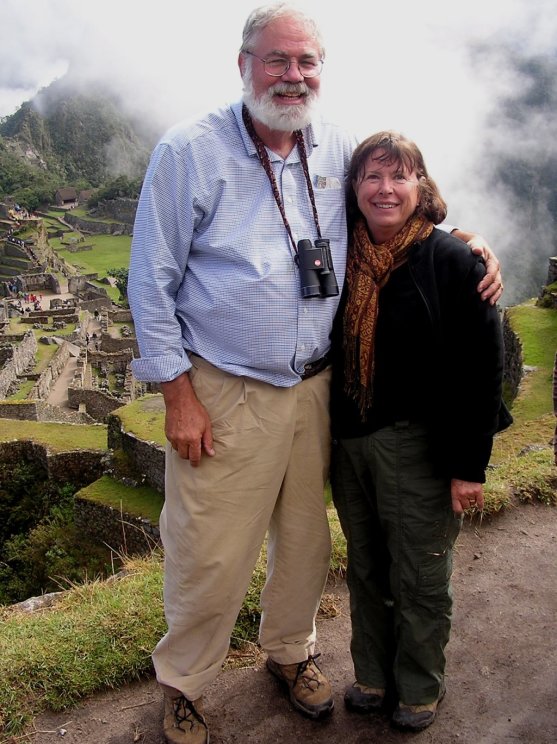Grants | The Leakey Foundation
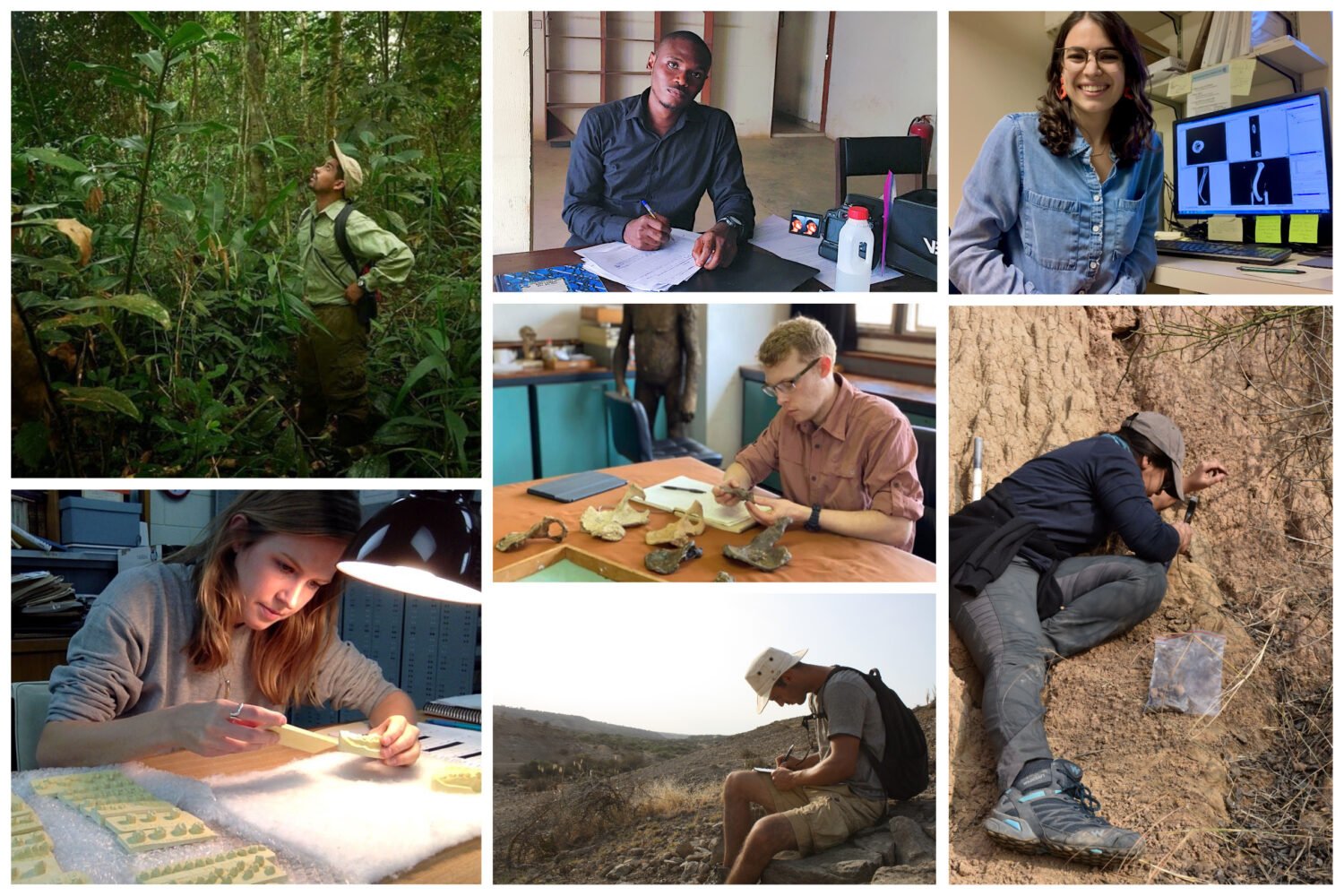
We are pleased to announce the recipients of our fall 2021 Leakey Foundation Research Grants.
These 39 scientists embody our mission of increasing scientific knowledge and public understanding of human evolution, behavior, and survival.
Their diverse research projects span the globe and cover topics that range from primate ecology, cognition, and tool-use to morphology, genomics, and the excavation of newly discovered hominin fossil sites.
We look forward to sharing more about our grantees and their work as their projects progress.
2021 Grantee Project Locations
Fall 2021 Leakey Foundation Grant Recipients
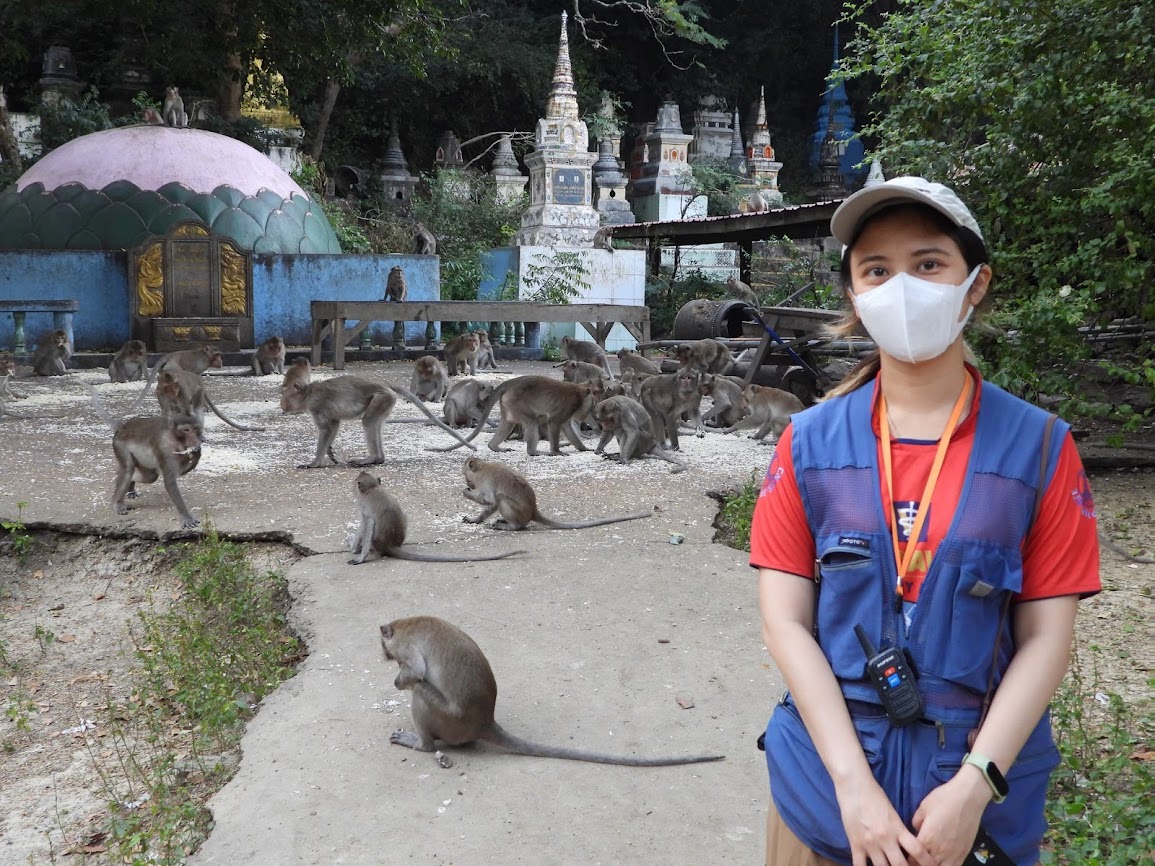
Photo: Attapol Aiempichitkijkarn
Nalina Aiempichitkijkarn, University of California, Davis: Social network and tuberculosis transmission dynamics in long-tailed macaques
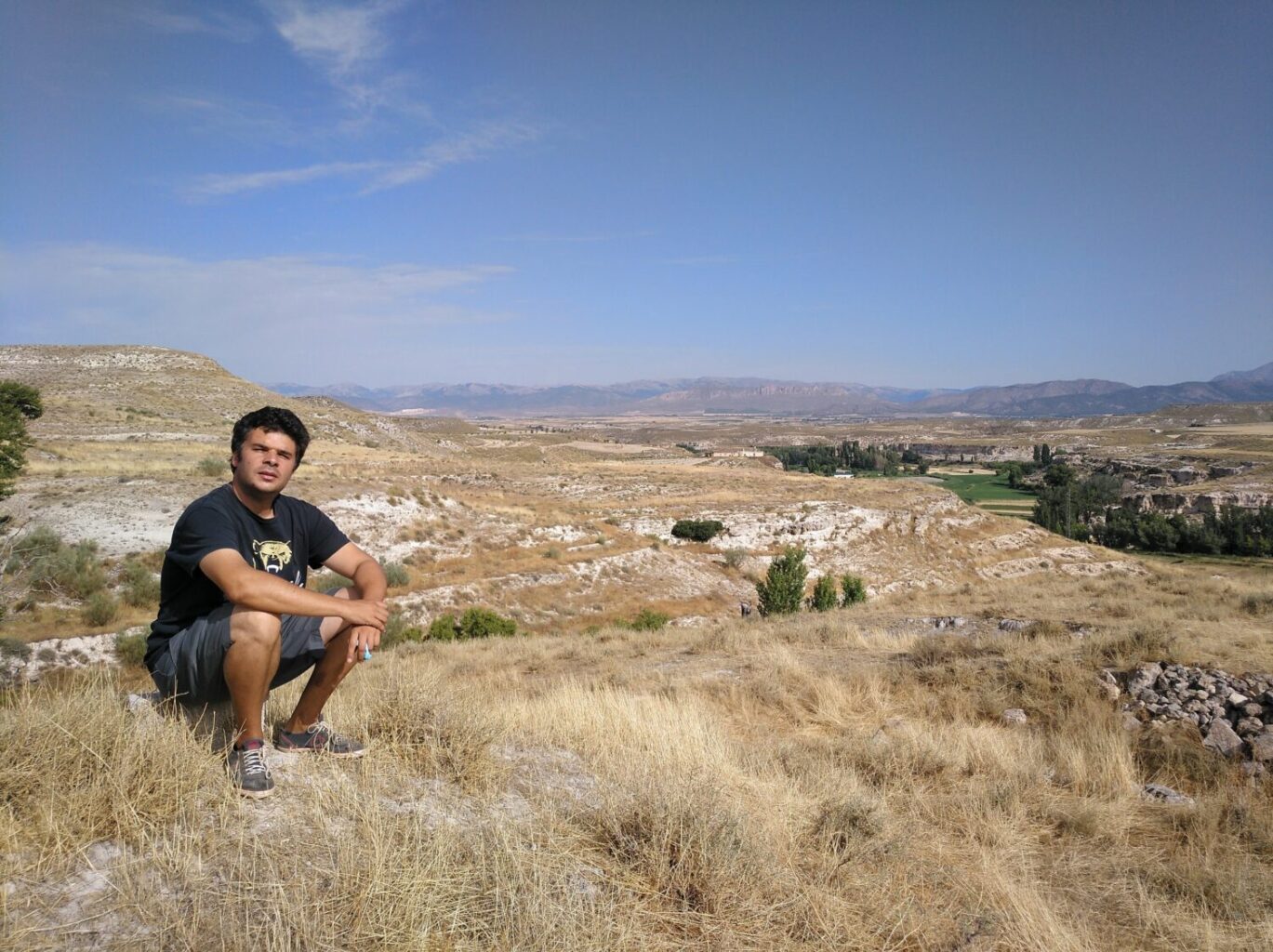
Hugues-Alexandre Blain, Institut Català de Paleoecologia Humana i Evolució Social: Early hominin climate envelope: The lower vertebrate perspective
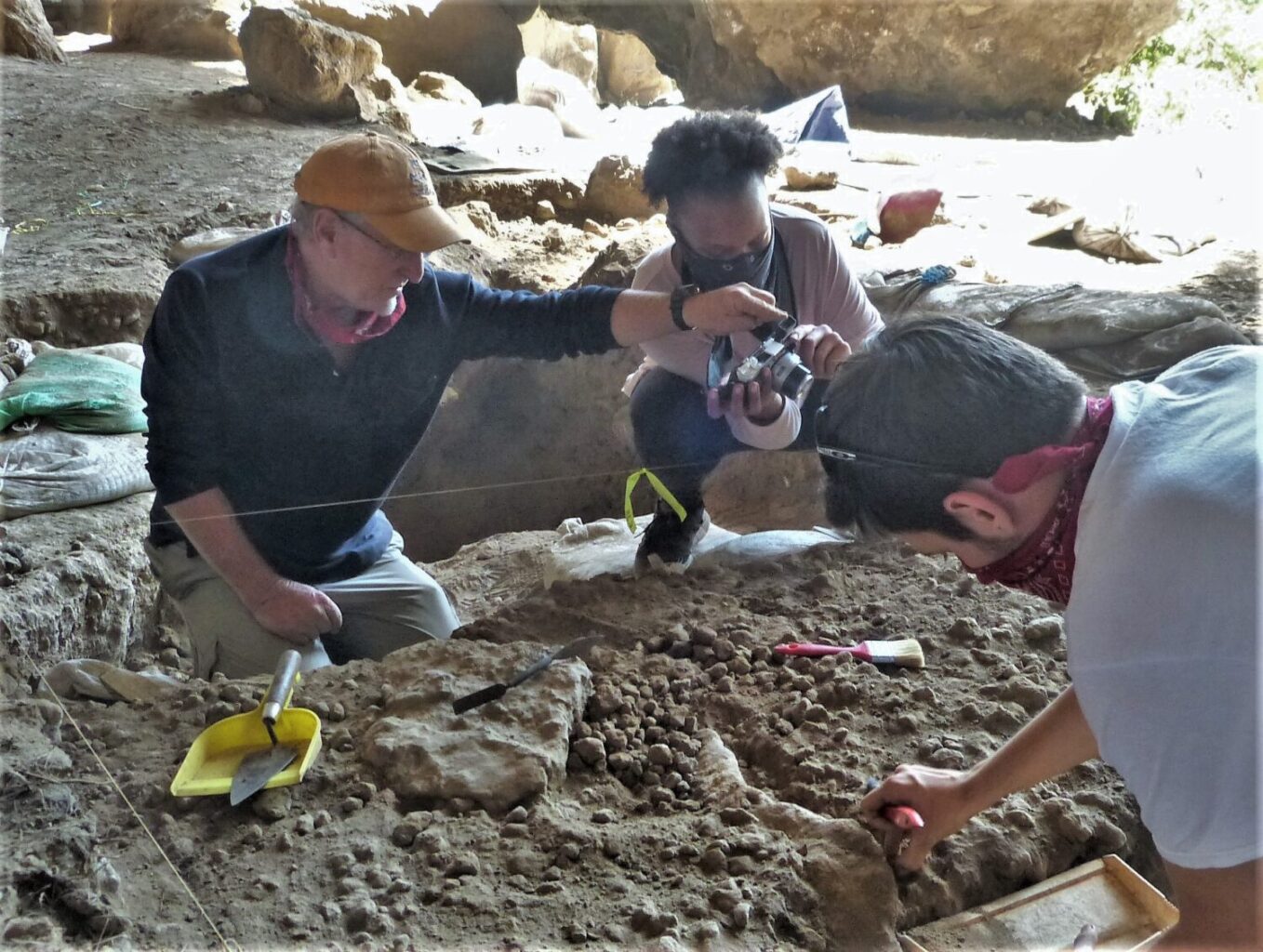
Photo: Elisabeth Hildebrand
Steven Brandt, University of Florida: Geochronology and geomorphology of Late Pleistocene deposits at Mochena Borago, Ethiopia: Contextualizing human behavioral changes >50 ka
Averill Cantwell, University of Michigan: The evolution of cognitive and behavioral flexibility in chimpanzees
Xiaoheng Cheng, University of Chicago: Examining linked and polygenic selection in time-stratified human genome samples
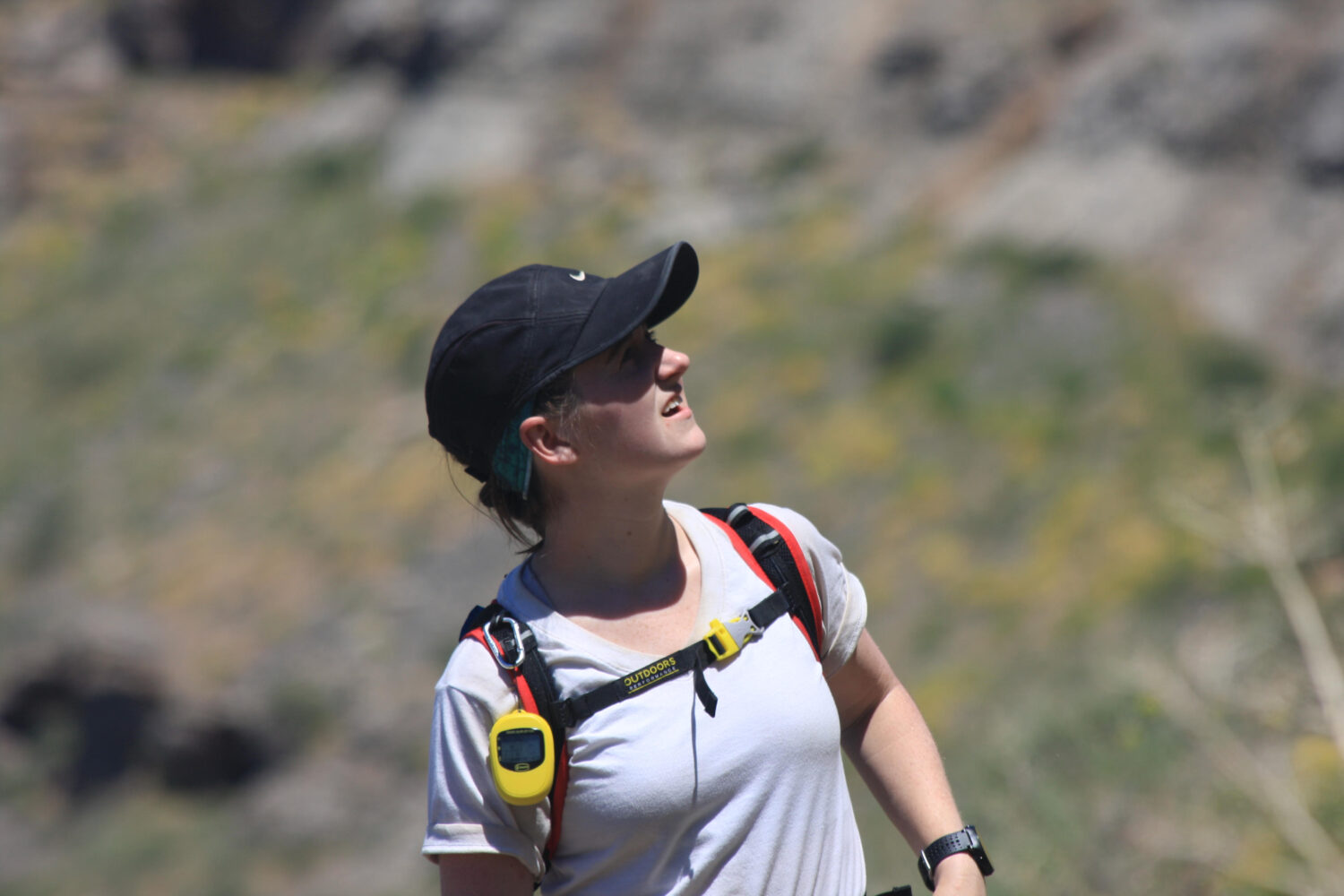
Emily Coco, New York University: Stone tool recycling and use of surface deposits in Paleolithic Kazakhstan
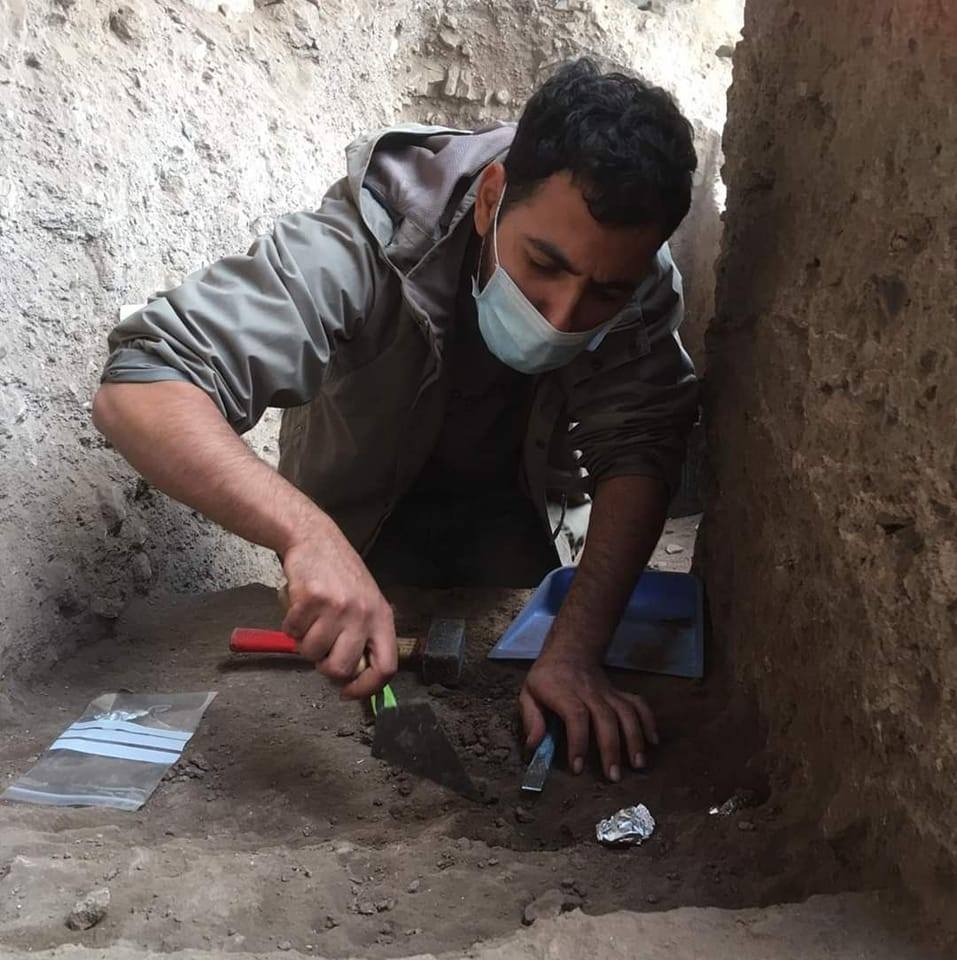
Youssef Djellal, University of Algarve: Early Homo sapiens behavior in Morocco: Perspectives from artifact use wear and raw material sourcing
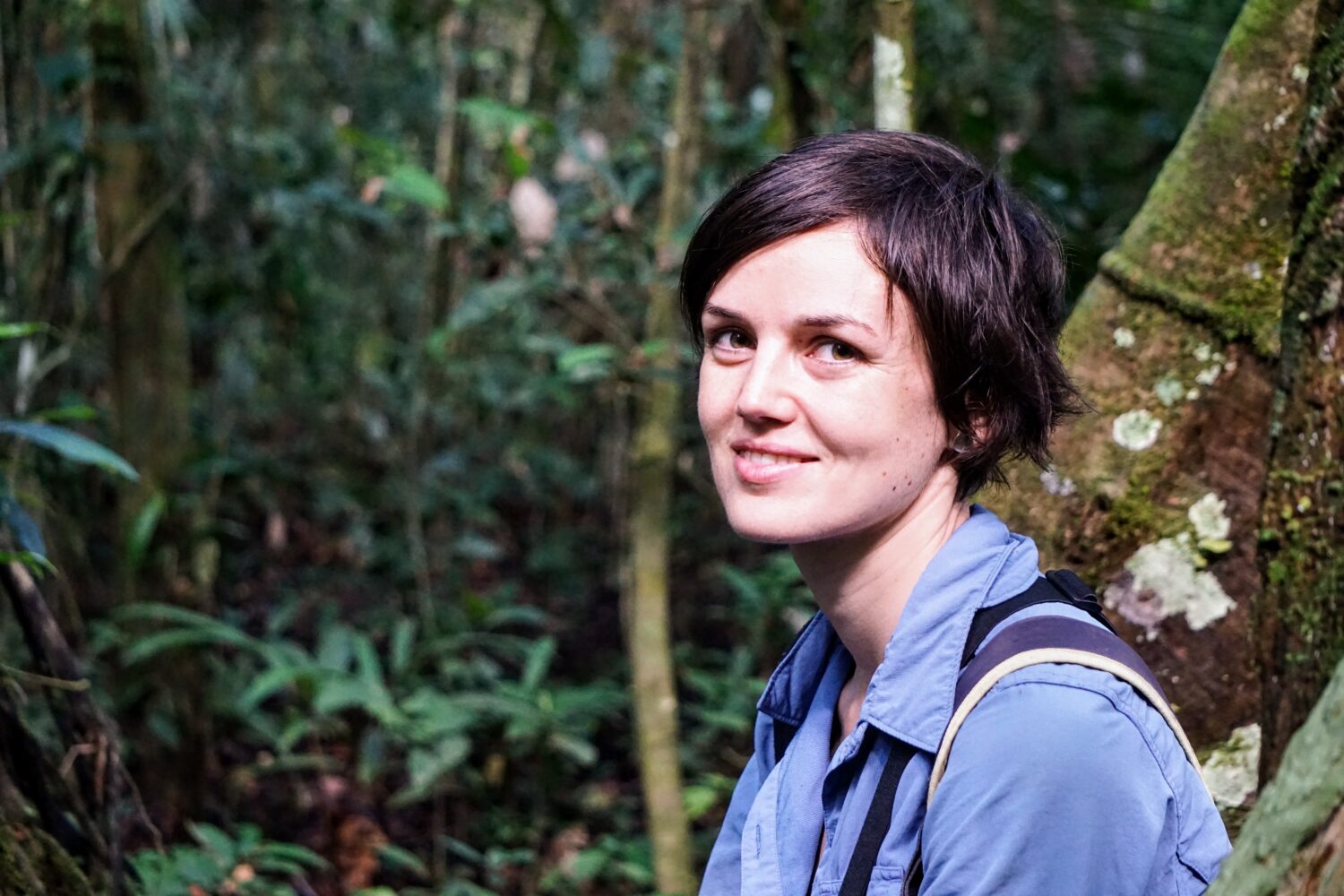
Sofya Dolotovskaya, University of Texas at Austin: Intrasexual competition and mate choice in pair-living titi and owl monkeys
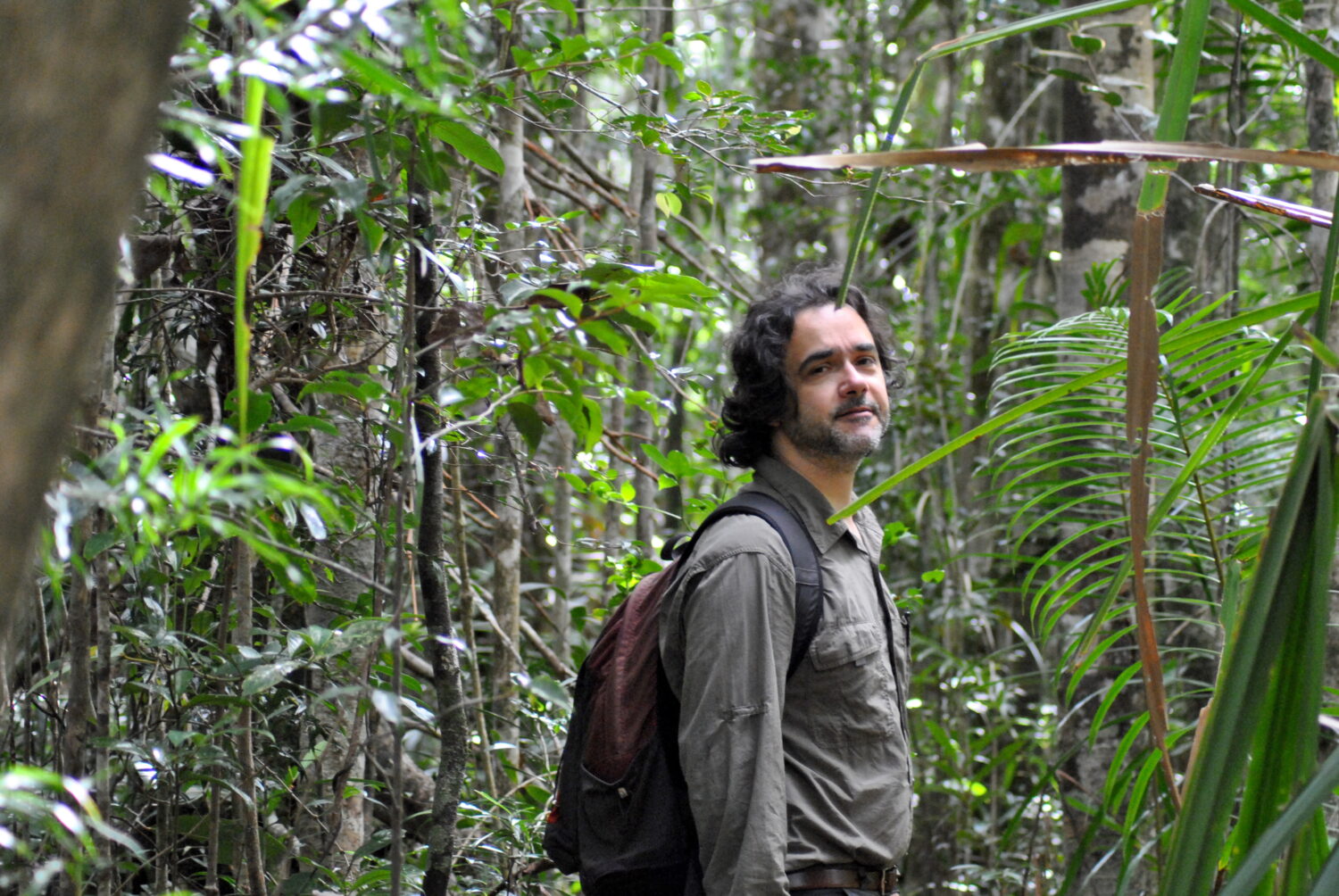
Giuseppe Donati, Oxford Brookes University: Navigating night and day: Shifting activity patterns in primate evolution
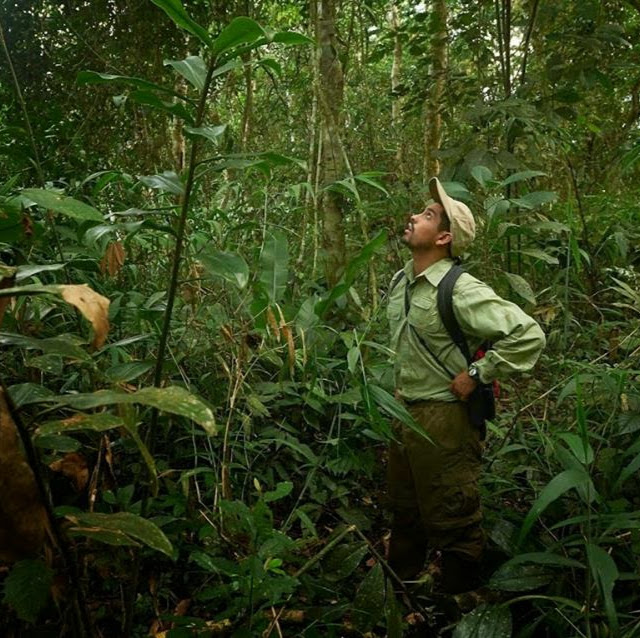
Gene Estrada, University of Michigan: Identifying the ecological correlates of arboreal primate terrestriality

Luke Fannin, Dartmouth College: Differentiating and quantifying siliceous particulate matter in the diets of primates
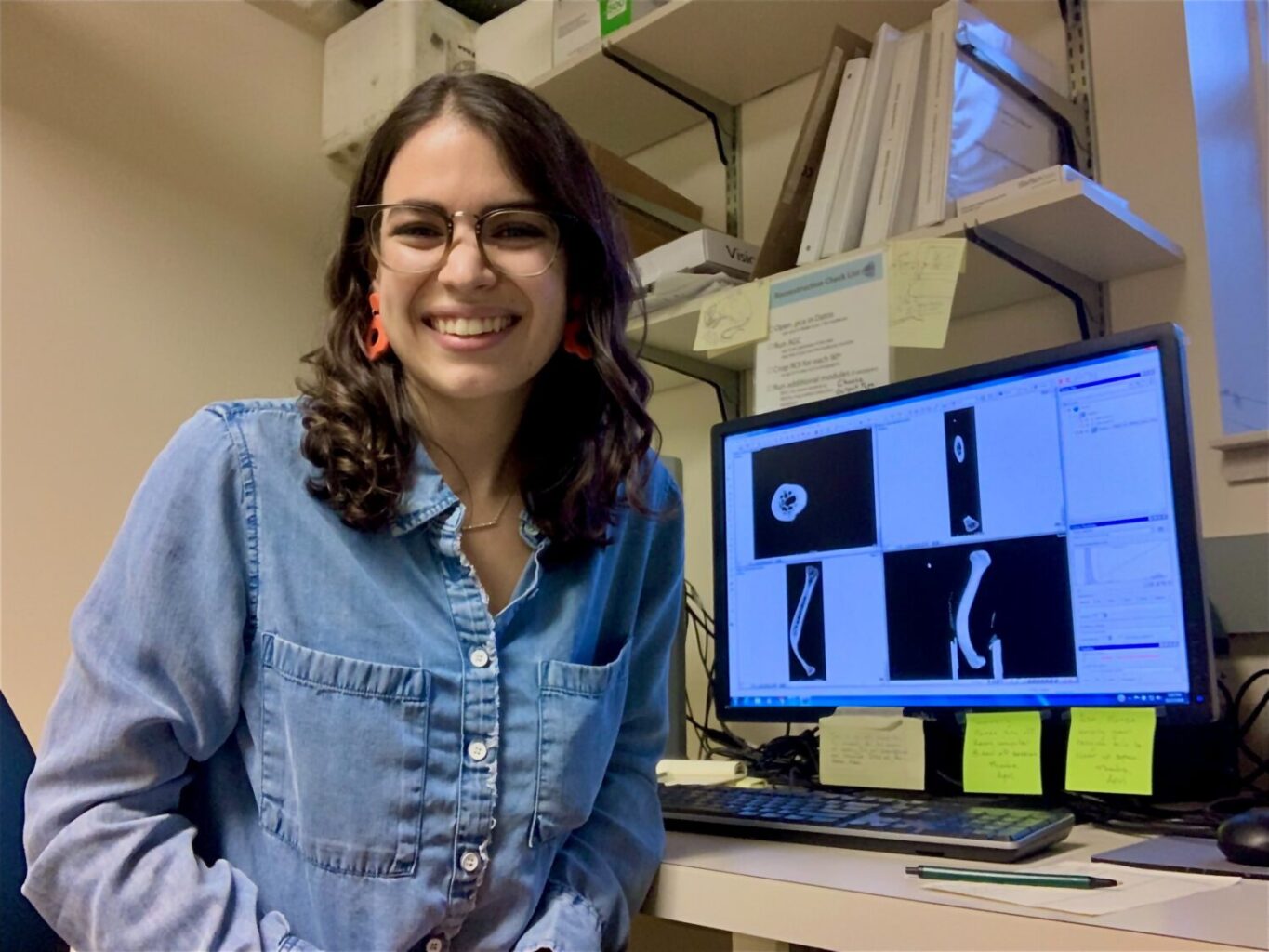
Hannah Farrell, University of Chicago: An integrative approach to explore the functional morphology of the hominoid clavicle
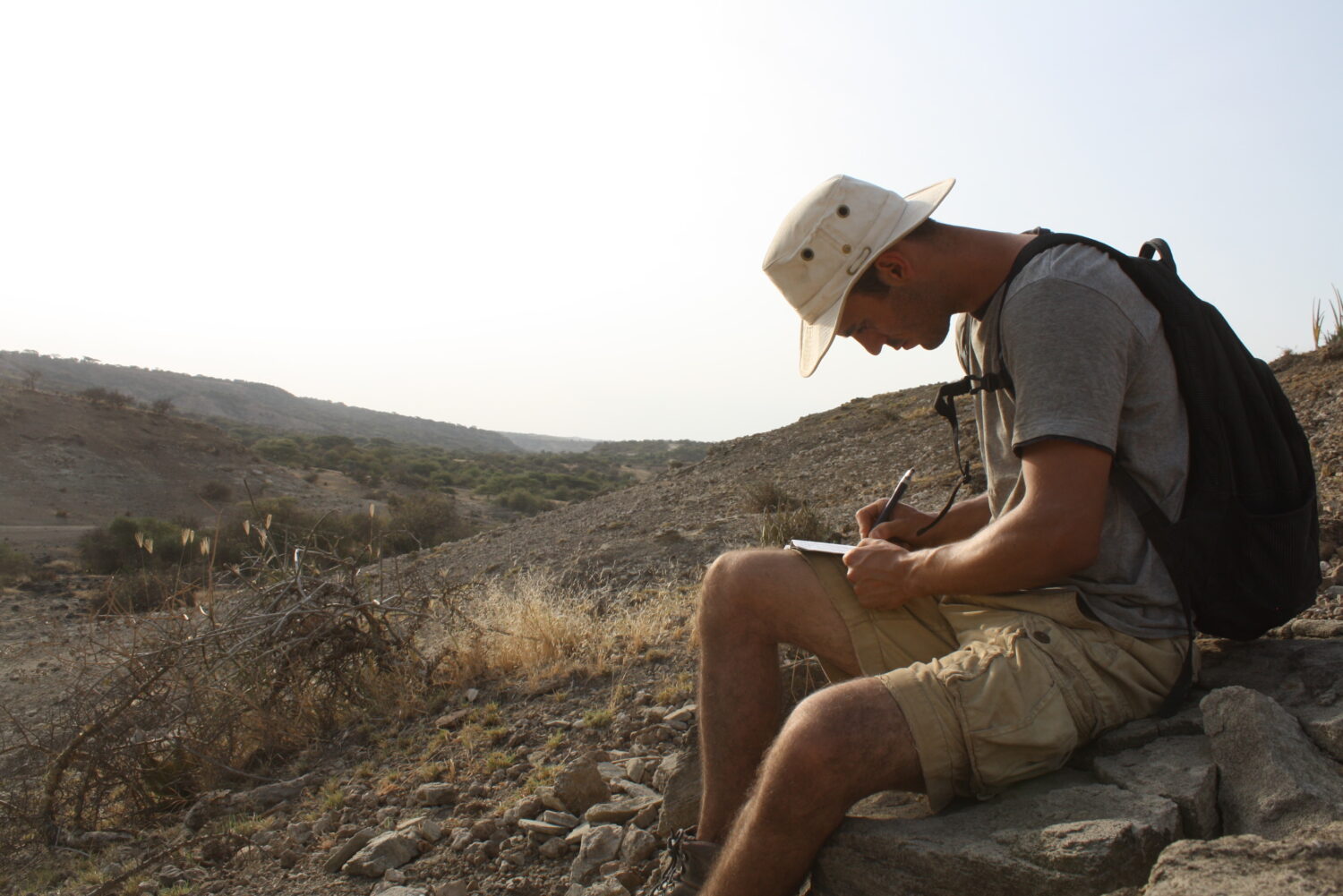
Photo: Laura Tucker
Julien Favreau, McMaster University: Geochemical sourcing of Oldowan and Acheulean stone tools at Oldupai Gorge, Tanzania
Philip Glauberman, University of Tübingen: Early Pleistocene hominin occupation and behavior in the Armenian Highlands

Quentin Goffette examining Palaeolithic bird bones from a Belgian cave site in the archaeozoology lab of the Royal Belgian Institute of Natural Sciences in Brussels. Photo: © Thierry Hubin, Royal Belgian Institute of Natural Sciences
Quentin Goffette, Royal Belgian Institute of Natural Sciences: Exploitation of birds by Paleolithic hunter-gatherers in Belgium: Chronocultural framework
David Gokhman, Weizmann Institute of Science: Mapping the DNA sequences that underlie human-chimpanzee gene expression differences
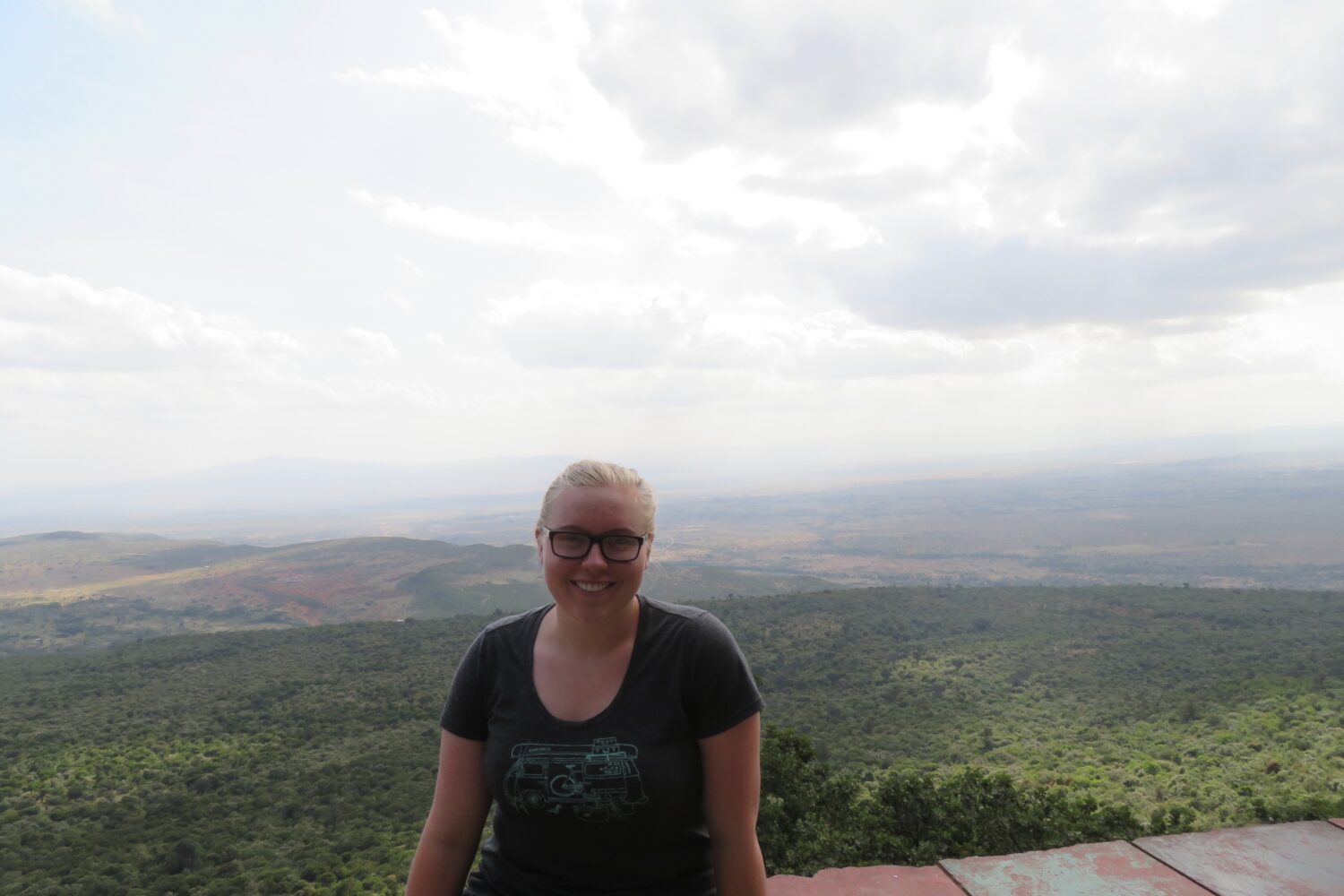
Abigail Hall, University of Minnesota: The ecological context of early ape evolution
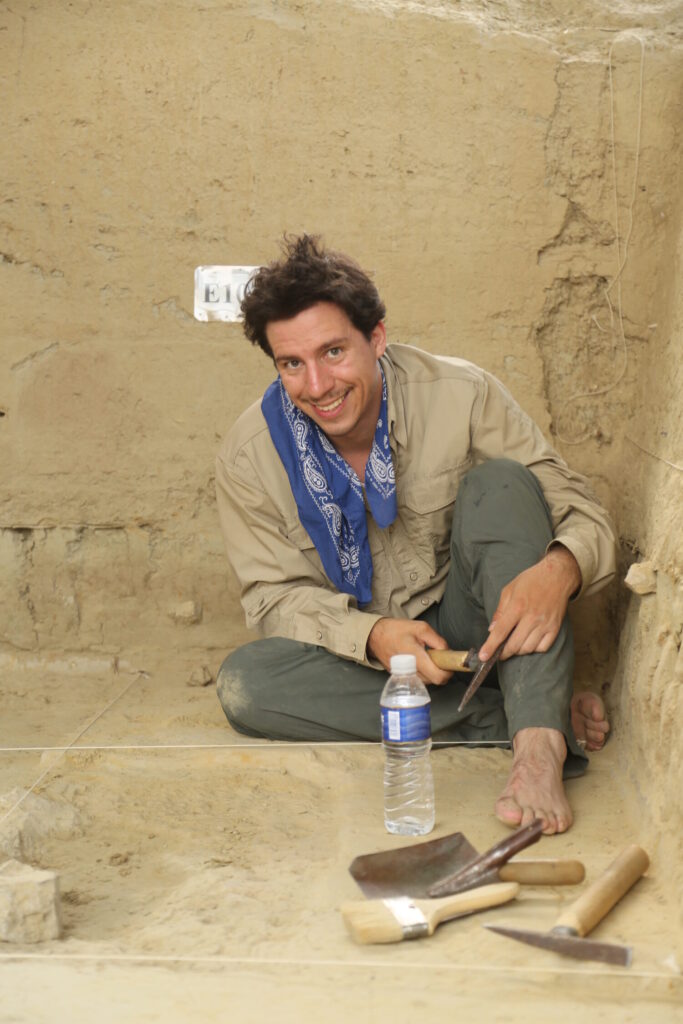
Corey Johnson excavating at the site of Donggutuo in the Nihewan Basin, China in 2019. Photo: Tong Guan
Corey Johnson, University of California, Davis: Investigating patterns of Lower Paleolithic technological development at Nihewan Basin, China
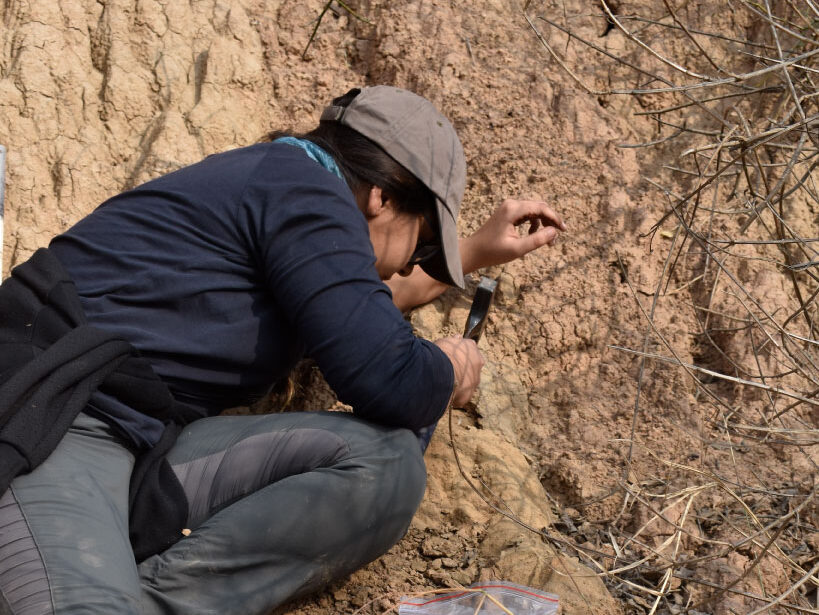
Anubhav Preet Kaur, IISER Mohali: Understanding the human-animal-environment interface in the Pinjore Formation (2.6-0.7 million years) of the Chandigarh Siwalik Frontal Range of northern India

Photo: Carol Ward
Austin Lawrence, University of Missouri: Effect of hip joint orientation and pelvic morphology on human locomotor biomechanics: Implications for interpreting locomotion in the hominin fossil record
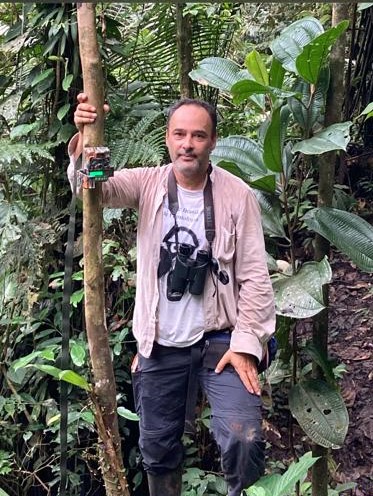
Photo: Anthony Di Fiore
Andrés Link, Fundación Proyecto Primates: Ecological and environmental factors influencing the behavior of owl monkeys
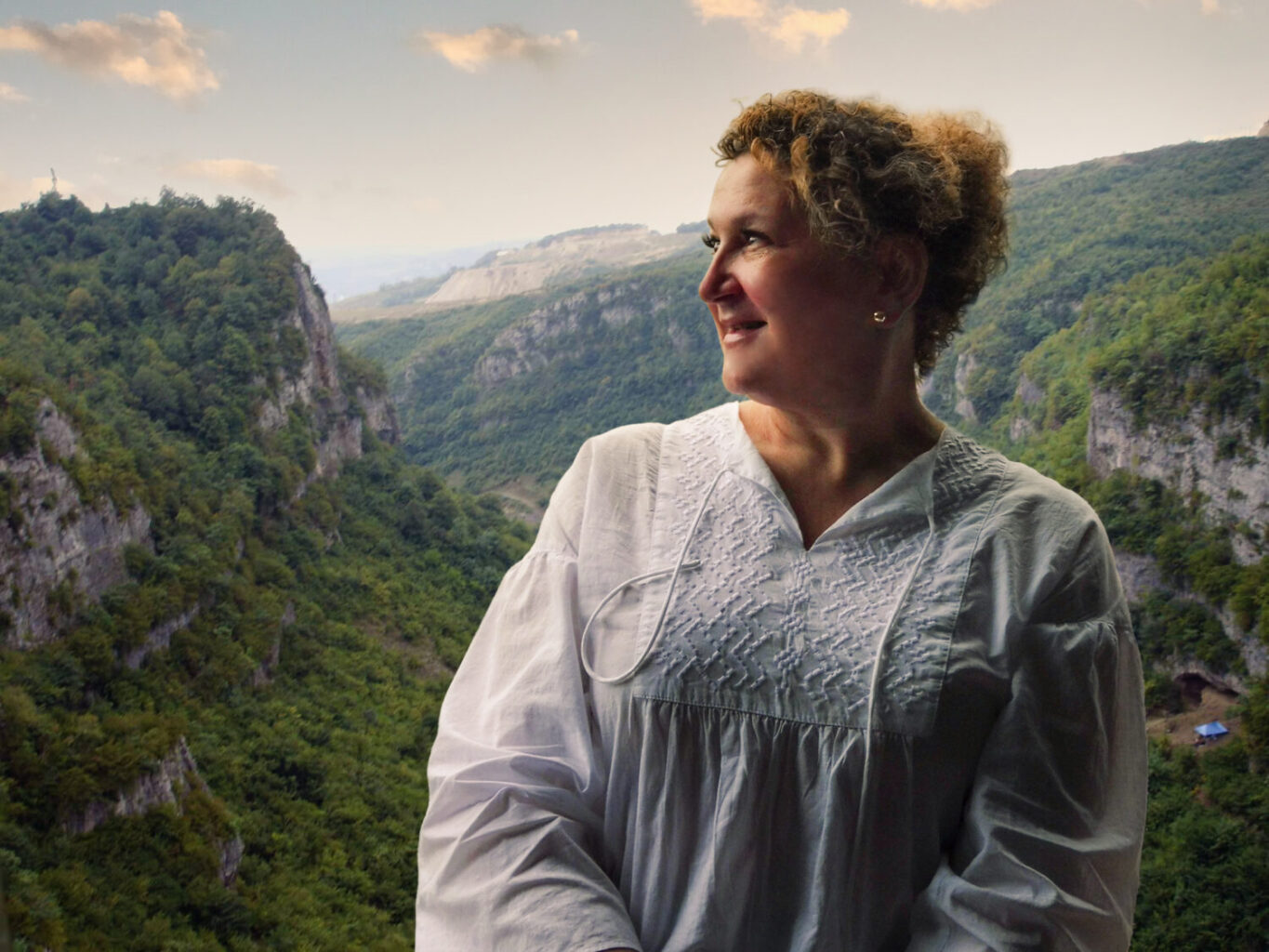
Laura Longo, University of Venice: Mill(e)-Stones: Ground stones and plant food processing during MIS 3 in the Caucasus
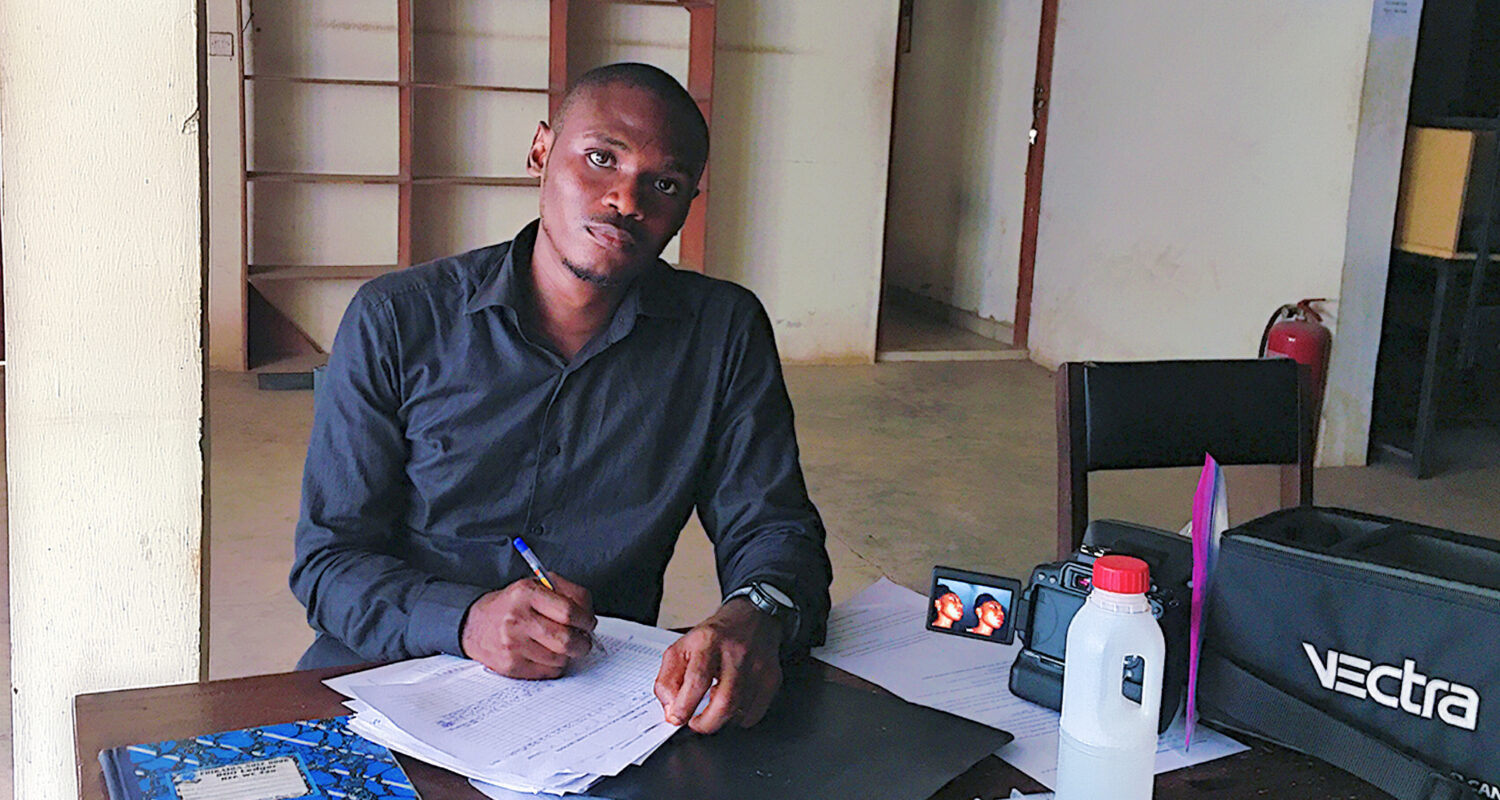
Abiodun Olowo, University of Ibadan: Morphology and genetics of facial variation among Nigerian ethnic groups
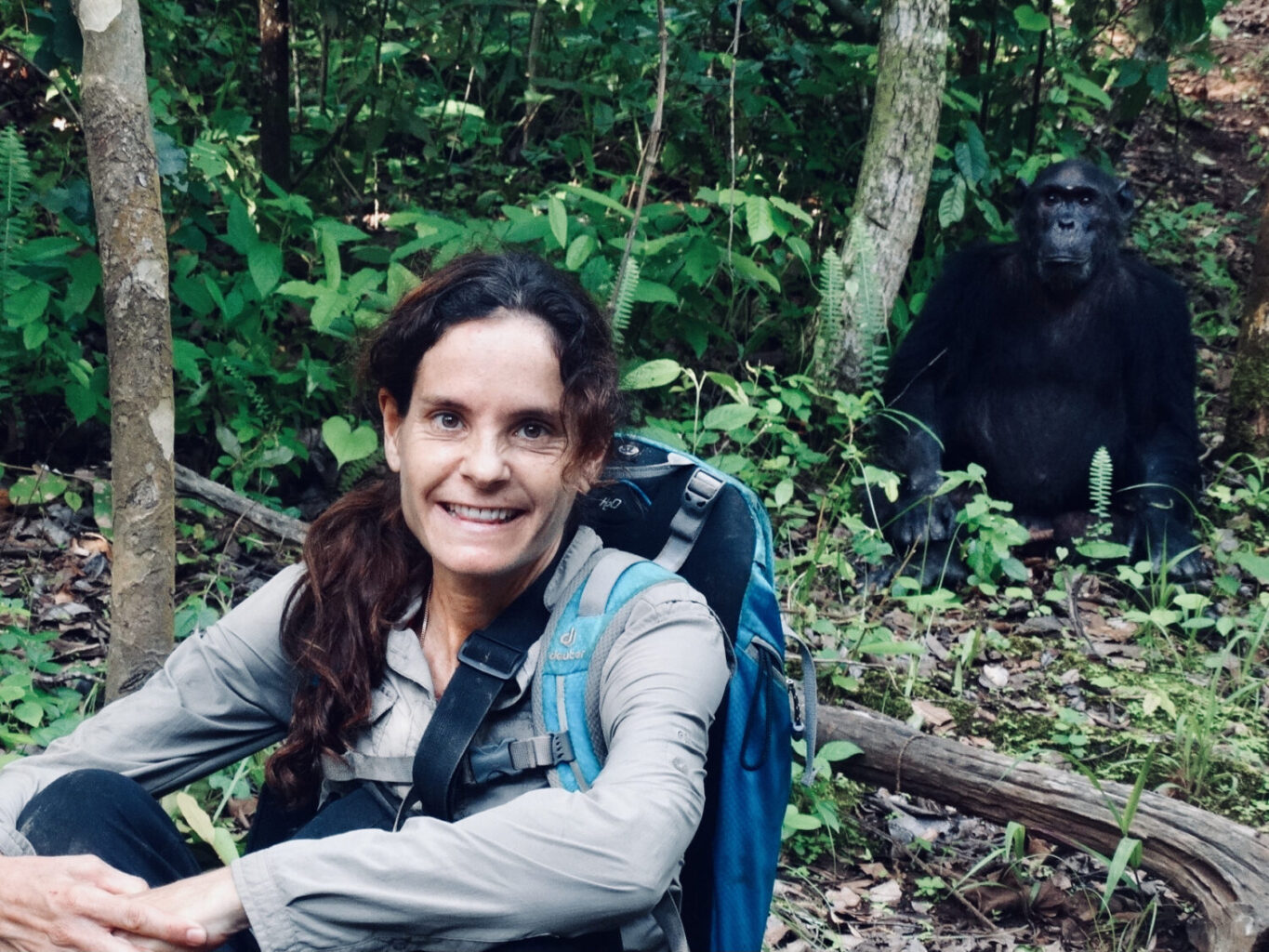
Photo: Nasibu Zuberi Madumbi
Alejandra Pascual-Garrido, Oxford University and Durham University: Archaeological signatures of plant-based chimpanzee tools: Implications for the origins of technology
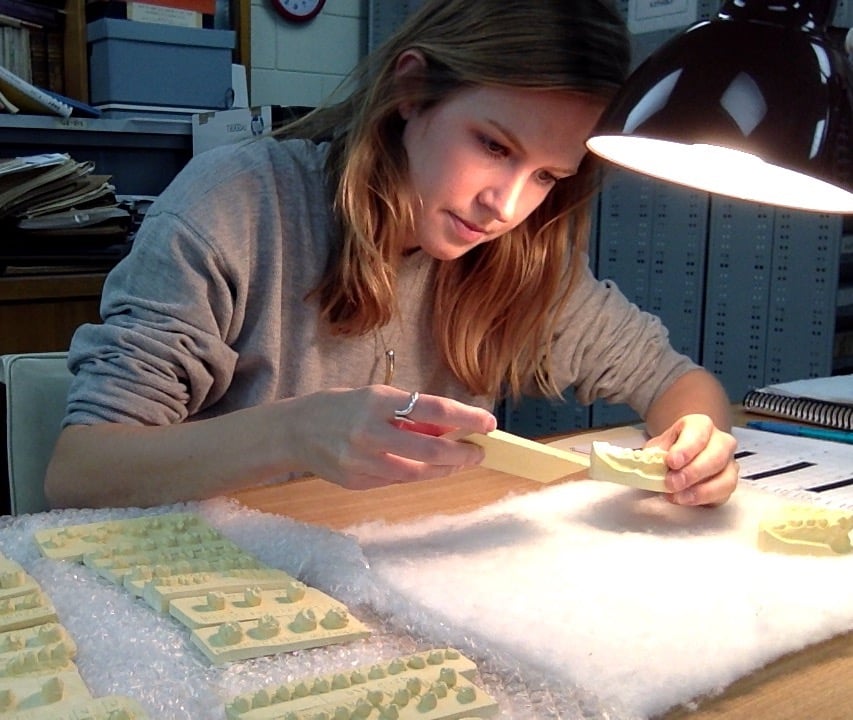
Kathleen Paul, University of Arkansas: Genetic architecture of internal and external tooth configuration in non-human primates
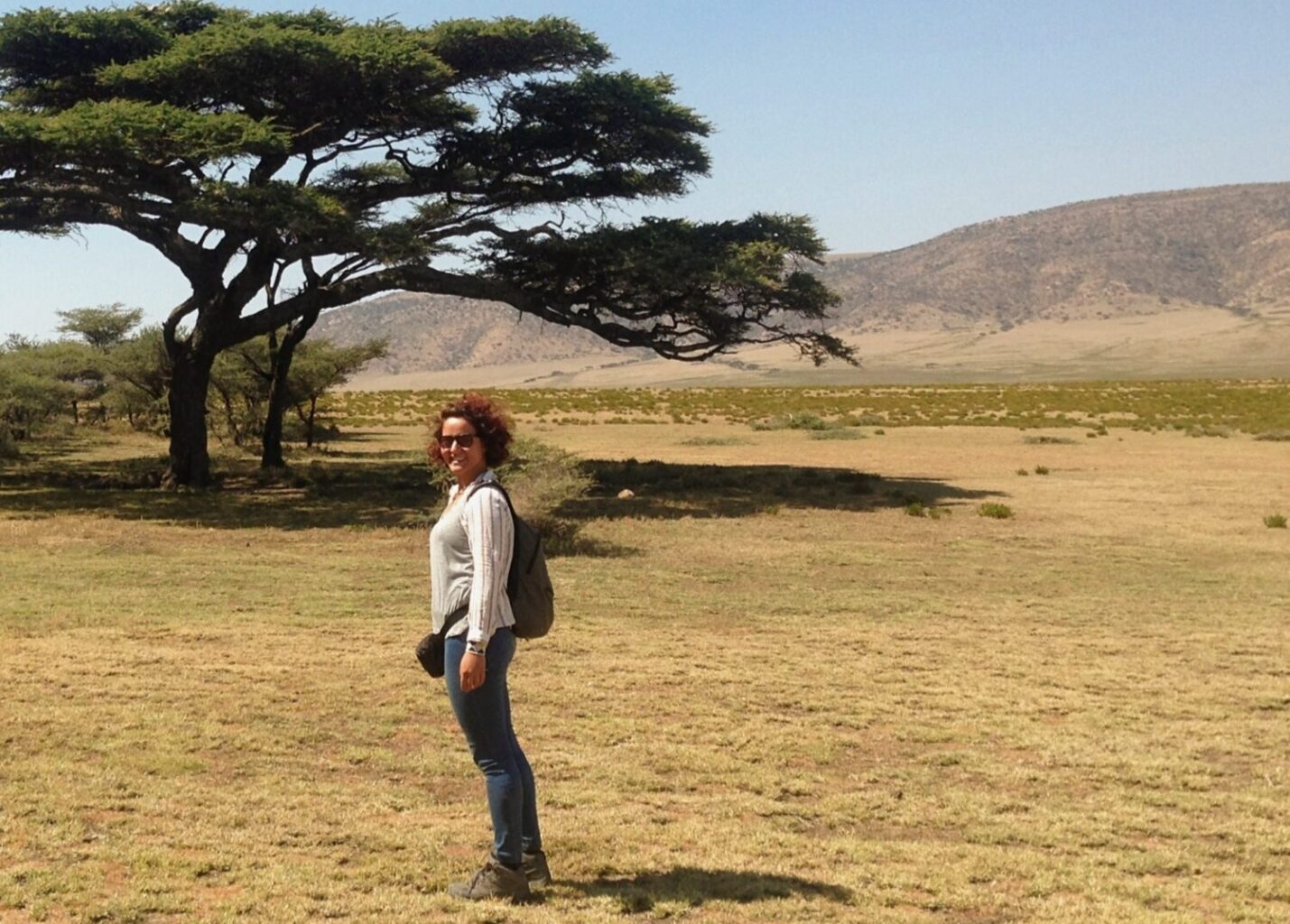
Alaz Deniz Peker, MONREPOS Archaeological Research Centre and Museum for Human Behavioural Evolution: Second Year Baldwin Support

Jeffrey Rogers, Baylor College of Medicine: Genomic analysis of Papio baboon diversity: A model of hominin differentiation
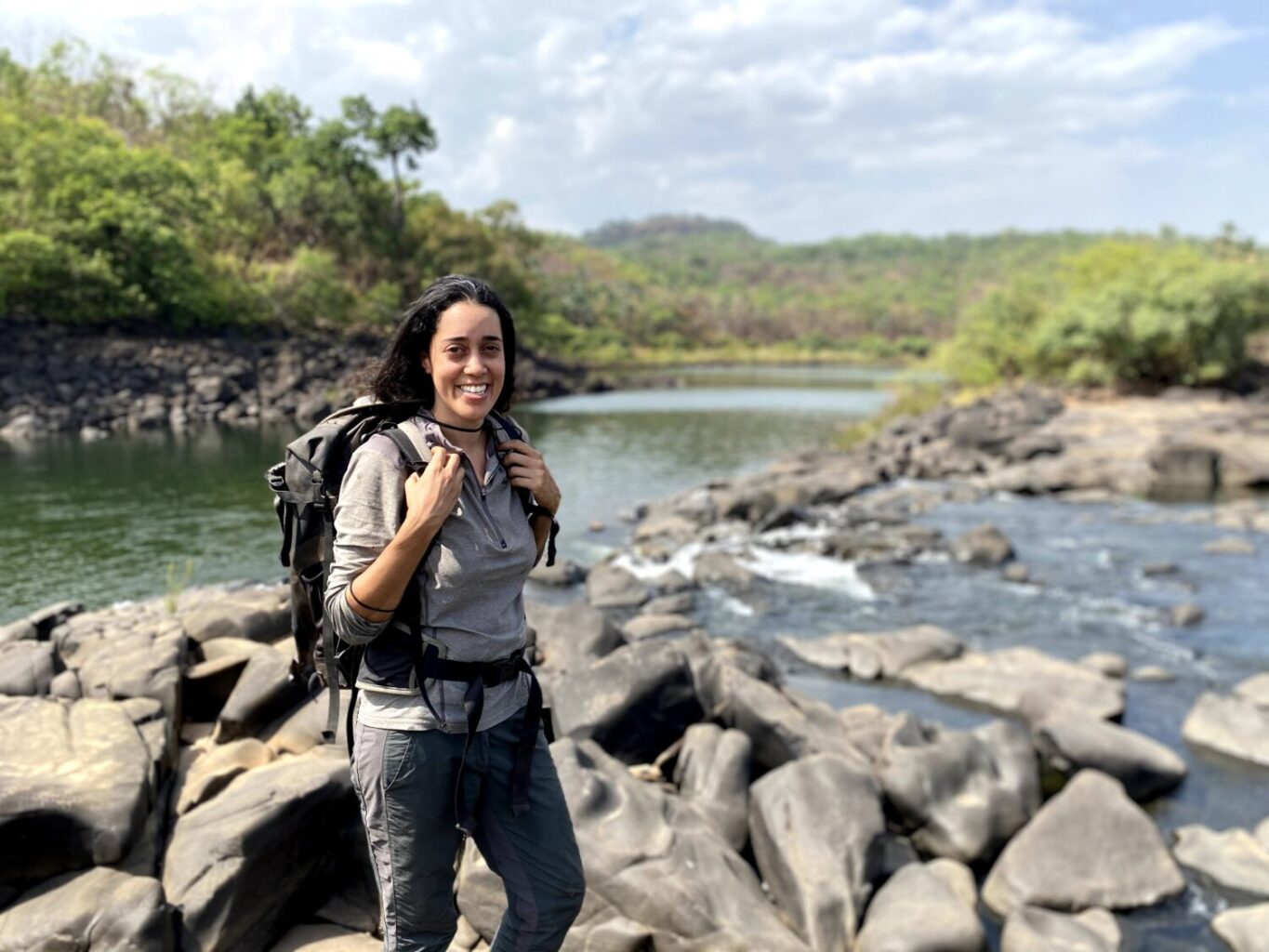
Gordon P. Getty Grant Laureate
Liran Samuni, Harvard University: Group specific tool-use behavior and tool-use flexibility in chimpanzees living in a savanna-mosaic environment at the Moyen-Bafing National Park, Guinea

Clara Scarry, California State University: Individual male participation in intergroup aggression by white-bellied spider monkeys
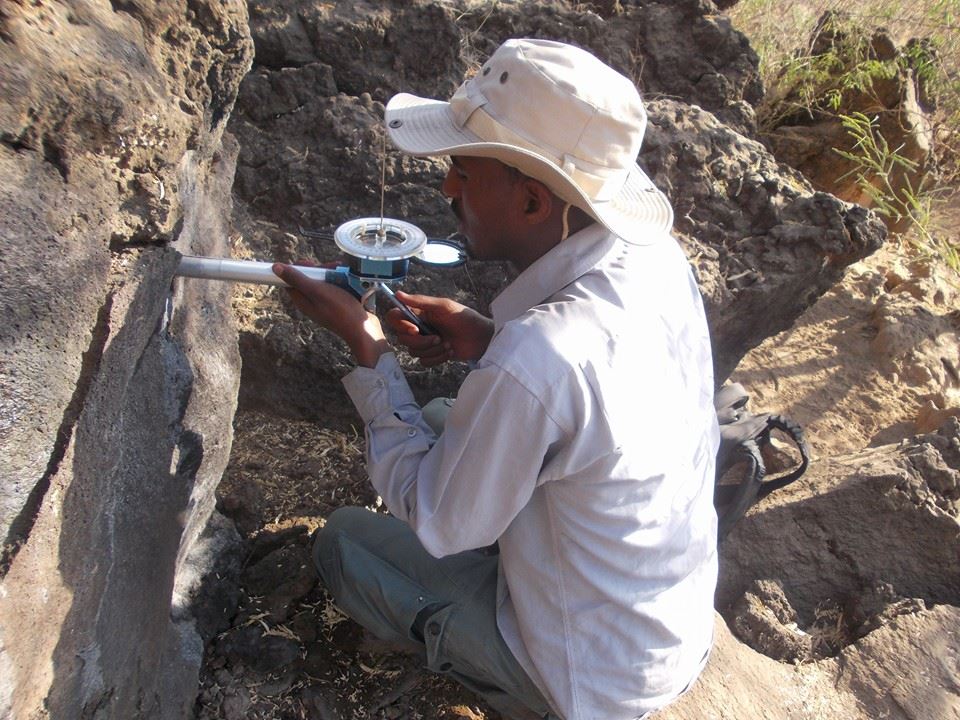
Francis H. Brown African Scholar
Kahsay Nugsse Tesfay, Baylor University: Paleomagnetic and magnetostratigraphic investigation of late Miocene – Pleistocene deposits from the Gona research area, Afar Depression, Ethiopia
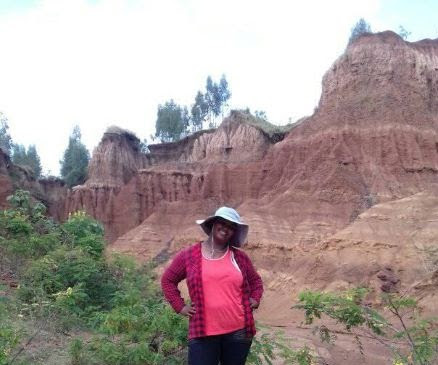
Michaela Zewdu Tizazu: University of Florida, Second Year Baldwin Support
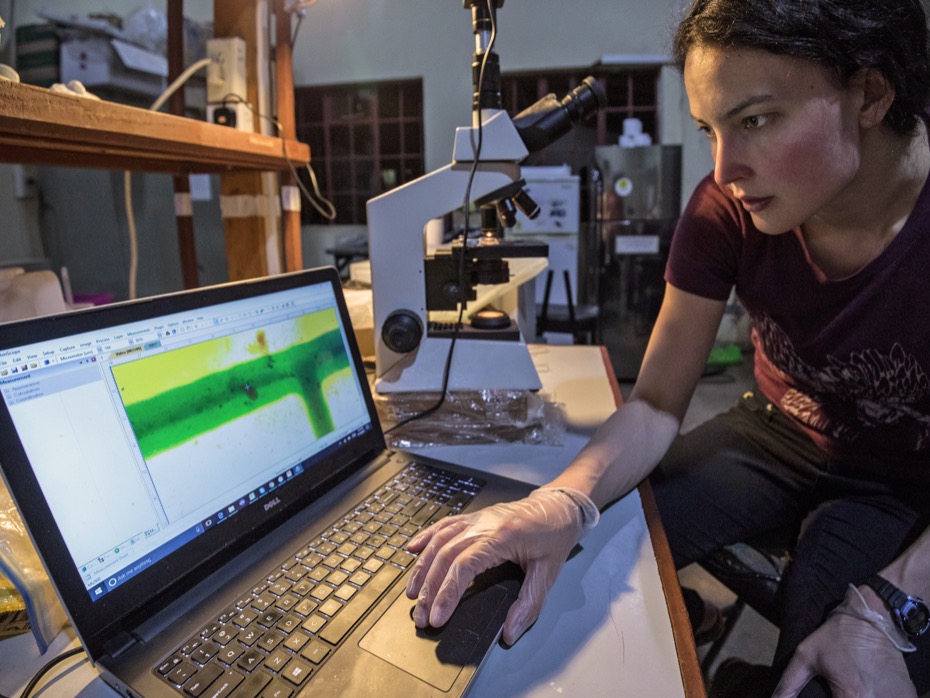
Kaia Tombak, City University of New York, Nutrient regulation in bonobos and western lowland gorillas: A physiological constraint or local adaptation?
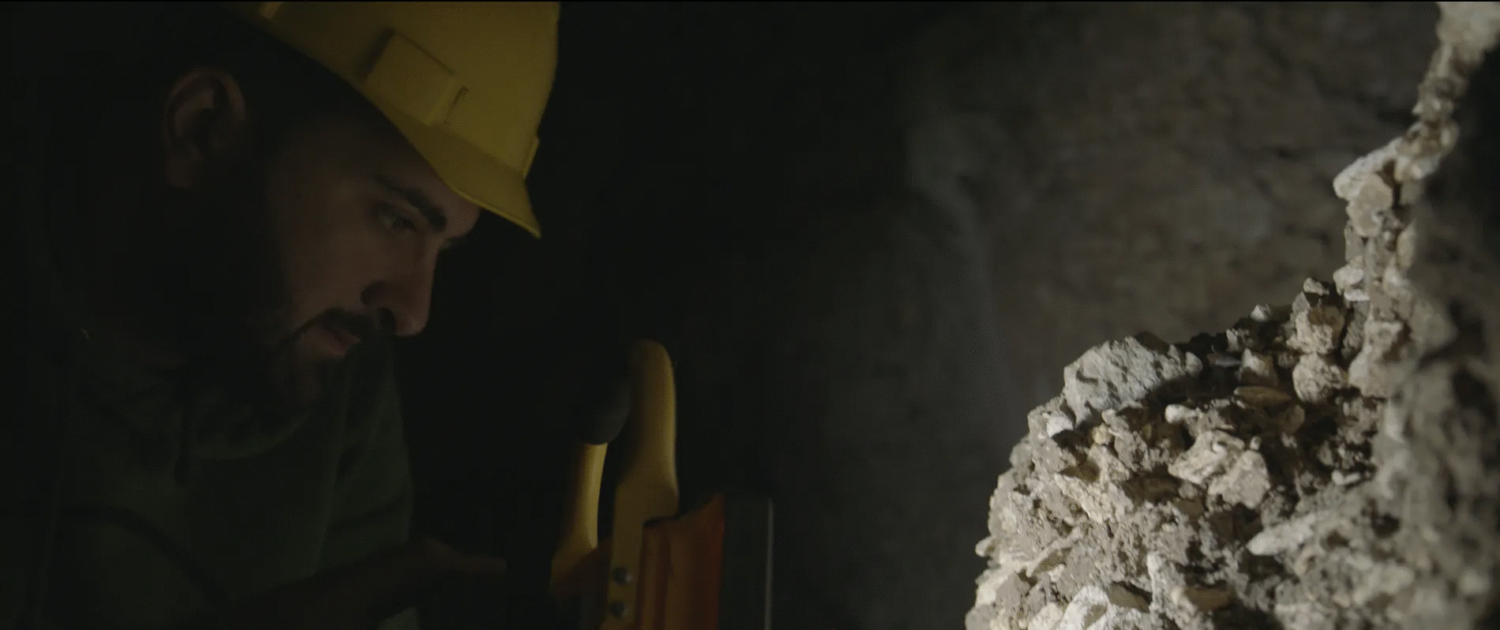
Nikoloz Tsikaridze, Georgian National Museum: Investigations of the Middle-Upper Paleolithic transition at Bronze Cave, Tsutskhvati, Georgia

Tatiane Valença, University of São Paulo: Understanding the role of terrestriality and risk perception in tool use
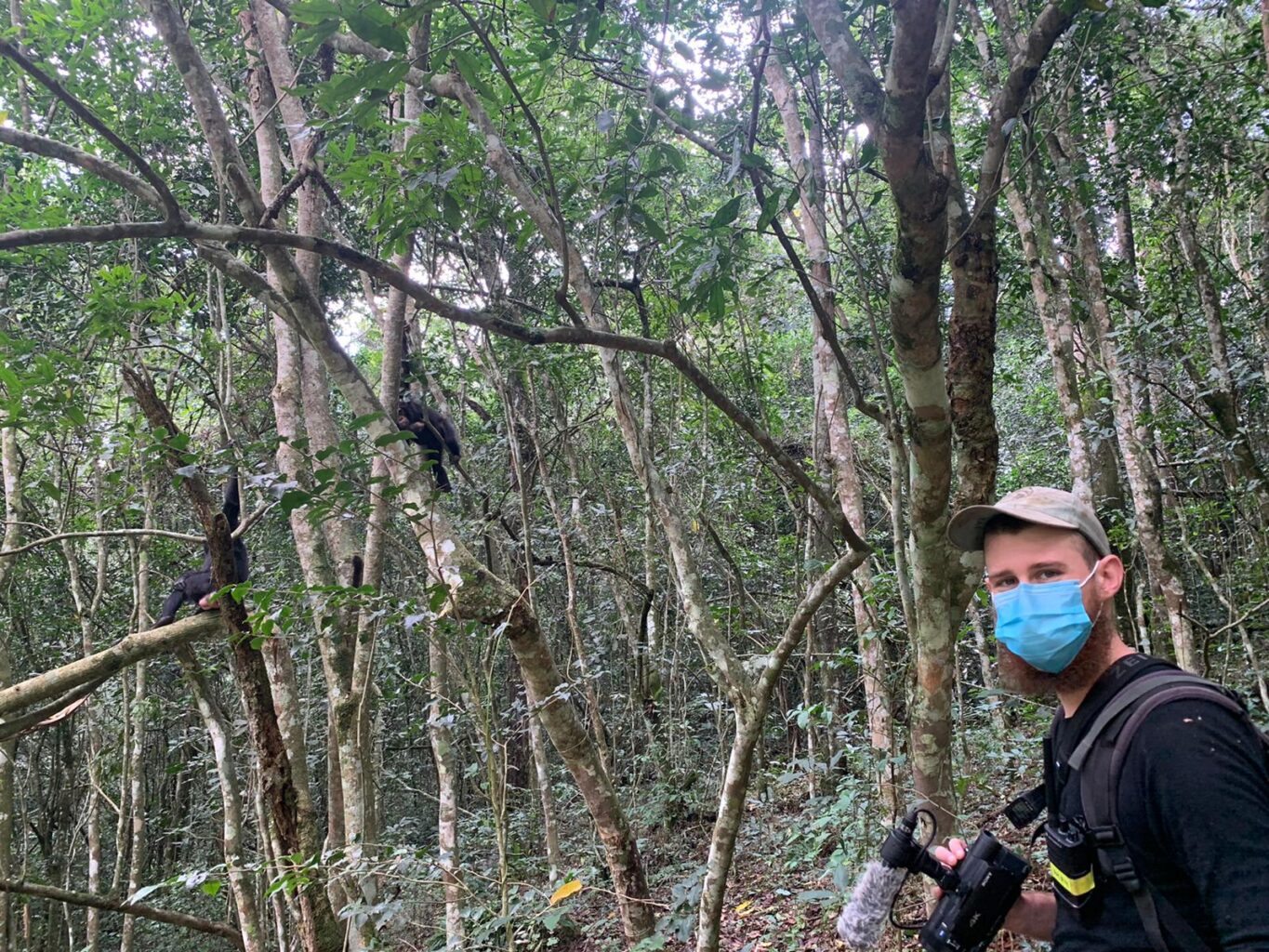
Bas van Boekholt, University of Osnabruck: Turn-taking in social interactions of infant chimpanzees in the wild
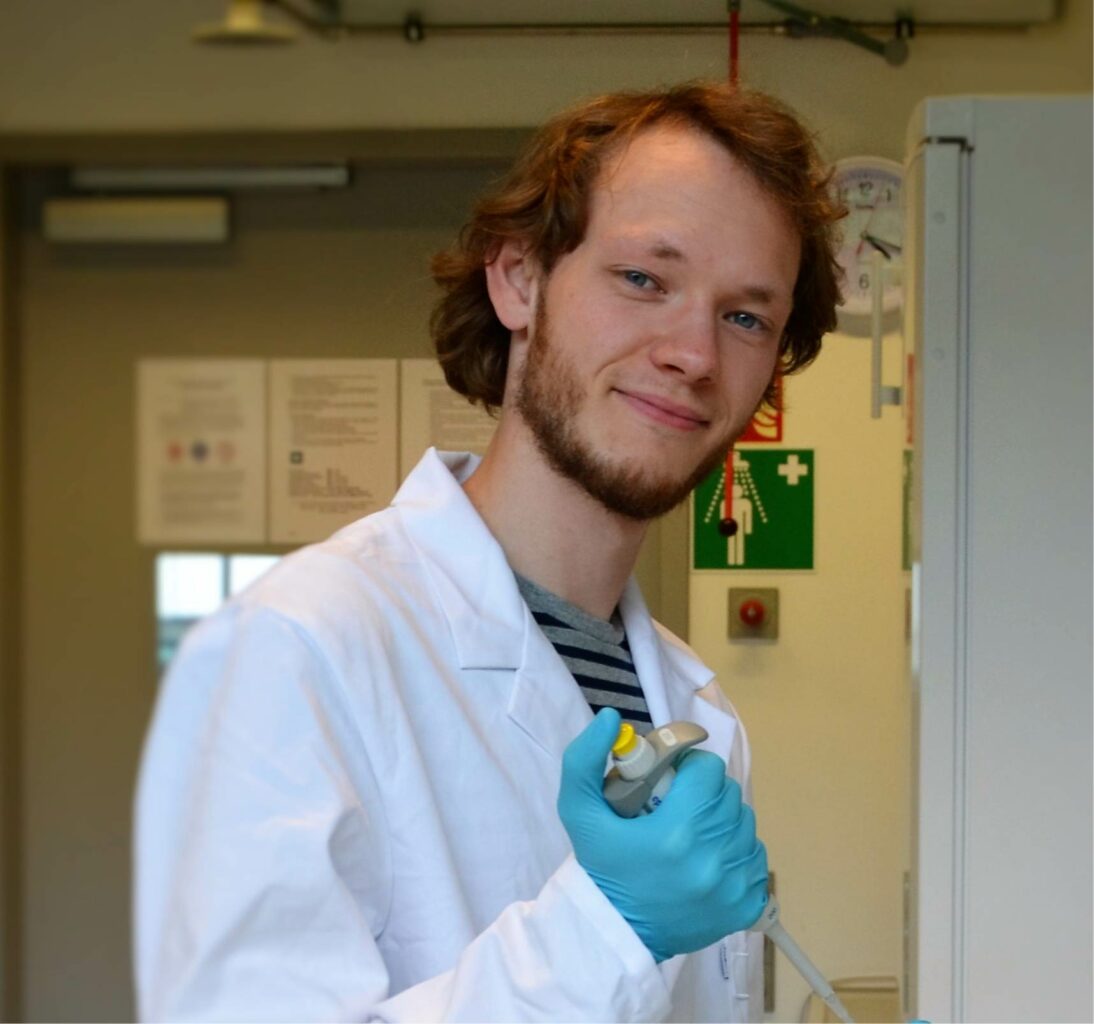
Frido Welker, Globe Institute, University of Copenhagen: A multi-enzyme reactor for palaeoproteomics
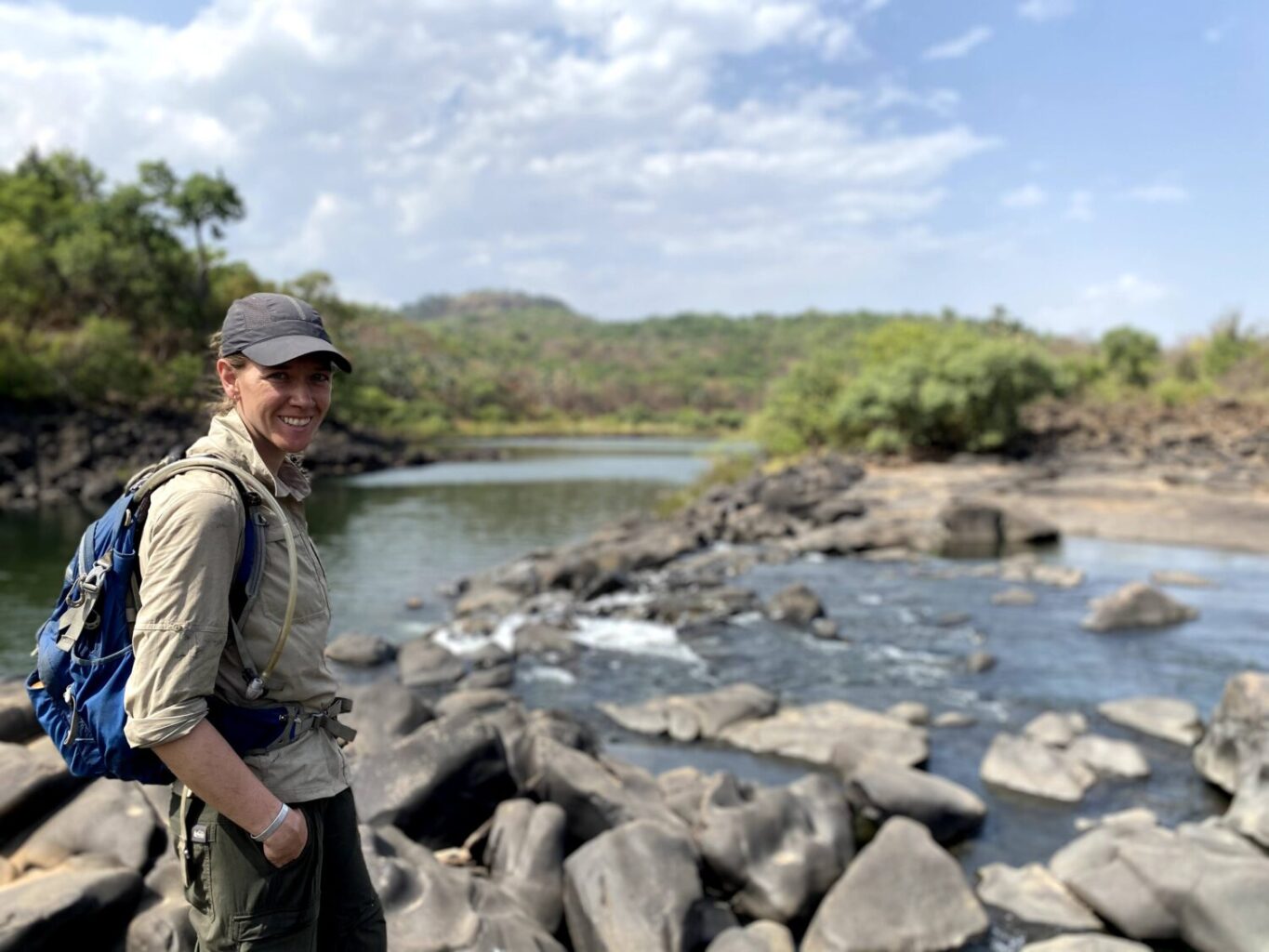
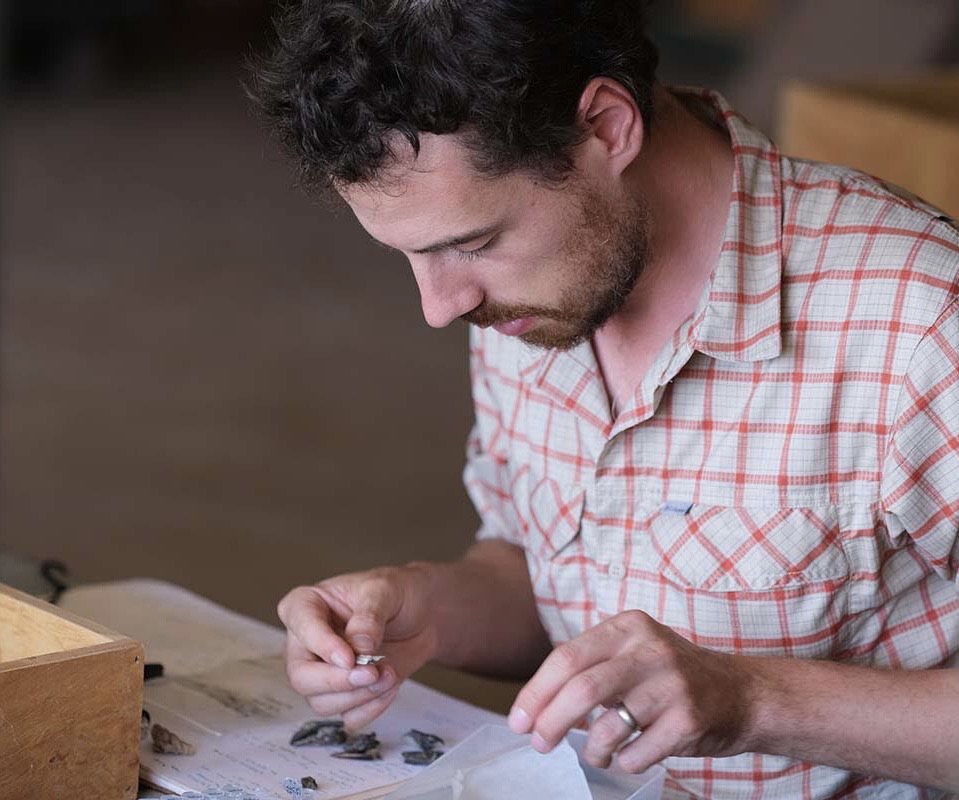
Erin Wessling, Harvard University and Daniel Green, Columbia University: Comparative and proximate chimpanzee oxygen isotope ecology as a model for hominin and paleoclimatic patterns
Roshna Wunderlich, James Madison University: System Ontogeny of locomotor mechanics and energetics in wild sifaka (Propithecus verreauxi)

